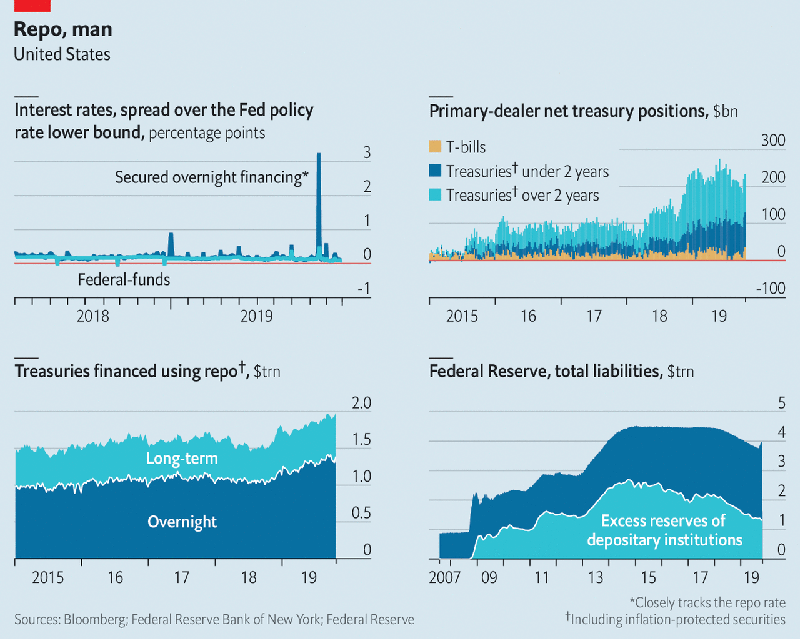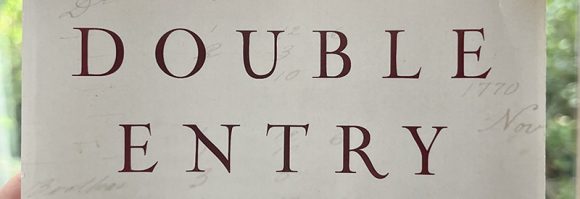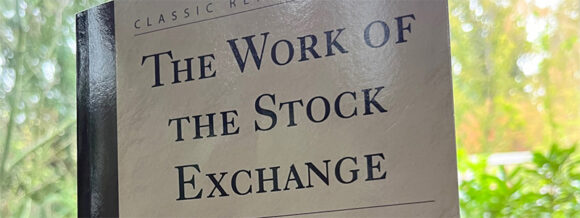What are the negative consequences of large government deficits?
Often the “aha moments” of understanding economics come in the midst of reading articles in The Economist. Not usually from the actual words, but from some fact coupled with flashbacks of learnings from all the books I’ve been reading. The latest of those was from an article in the November 2nd magazine, talking about why the Fed had to step into the repo market in September.
The details in that article and in others I’ve read all go deep and wonky about reserve levels and Fed funds rates and other esoterica that those of us who don’t manage banks have never dealt with. But as I said, the aha was in between the written words.
Back to the opening question… this incident demonstrated one consequence of big government deficits. The U.S. federal government spent $1 trillion more last year than it brought in through taxes and tariffs. The Treasury didn’t print an extra ten billion $100 bills to pay those bills, nor did the Fed create yet-another trillion dollars into existence and credit it to the Treasury.
No, all of that $1 trillion was borrowed by selling T-bills and Treasury bonds, mostly to Americans, and nearly all through the big American commercial and investment banks.
Which means that those banks handed over nearly $1 trillion in cash, which means the banks no longer had that $1 trillion in cash sitting in their reserve accounts at the Fed.

Most of that money ultimately turned around and flowed back to American companies, American workers, and American banks, as most of what the government spends its money on is domestic, but some went overseas to keep our global military running and with our trade deficit, some went overseas to import goods.
In any case, the consequence of the deficit is that the biggest banks no longer always have the cash they need for the rest of their customers, as more and more is used up circling through Treasury-issued debt. In September, enough banks ran out of cash on one specific day. If not for the Fed, we’d have seen yet-another bank panic, and probably a bank run or two.
This is the first I’ve thought of that connection between deficits and money markets, and I don’t recall reading about it anywhere before.














